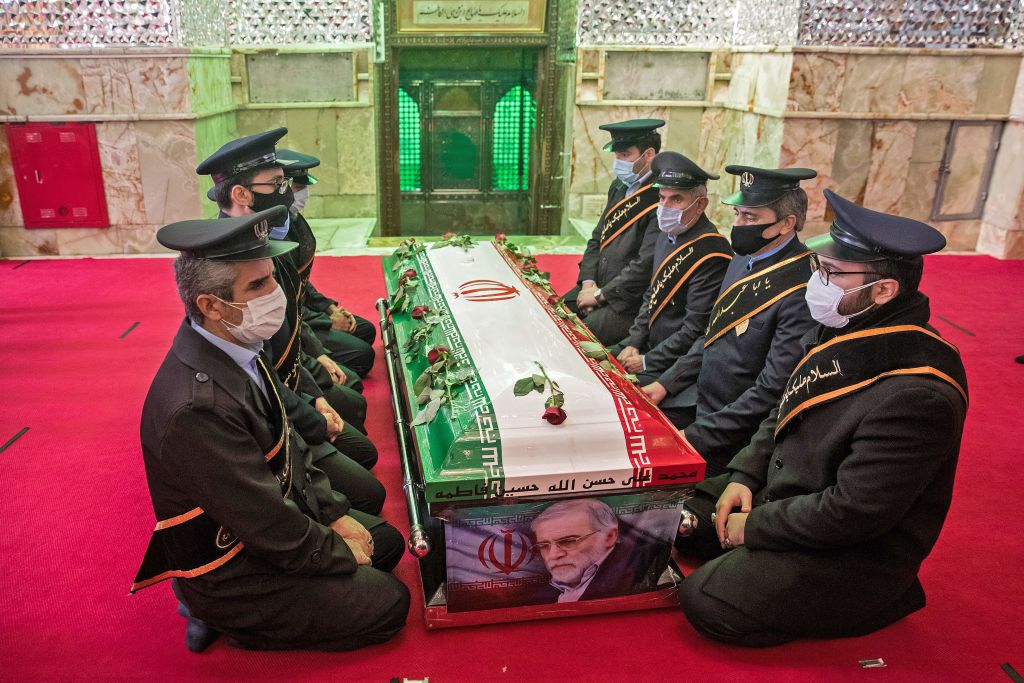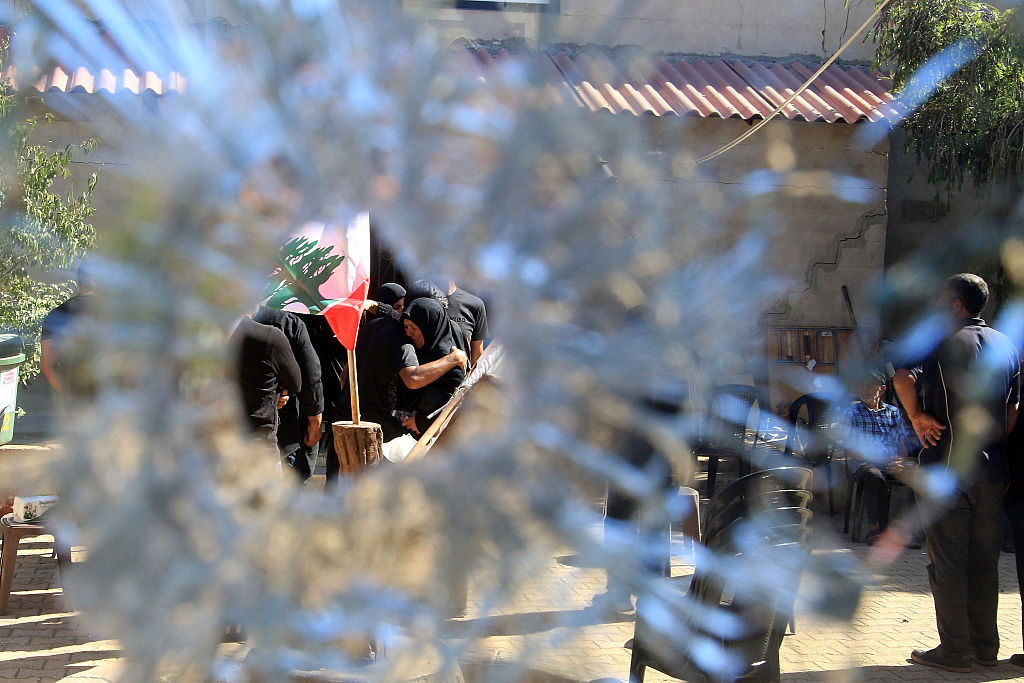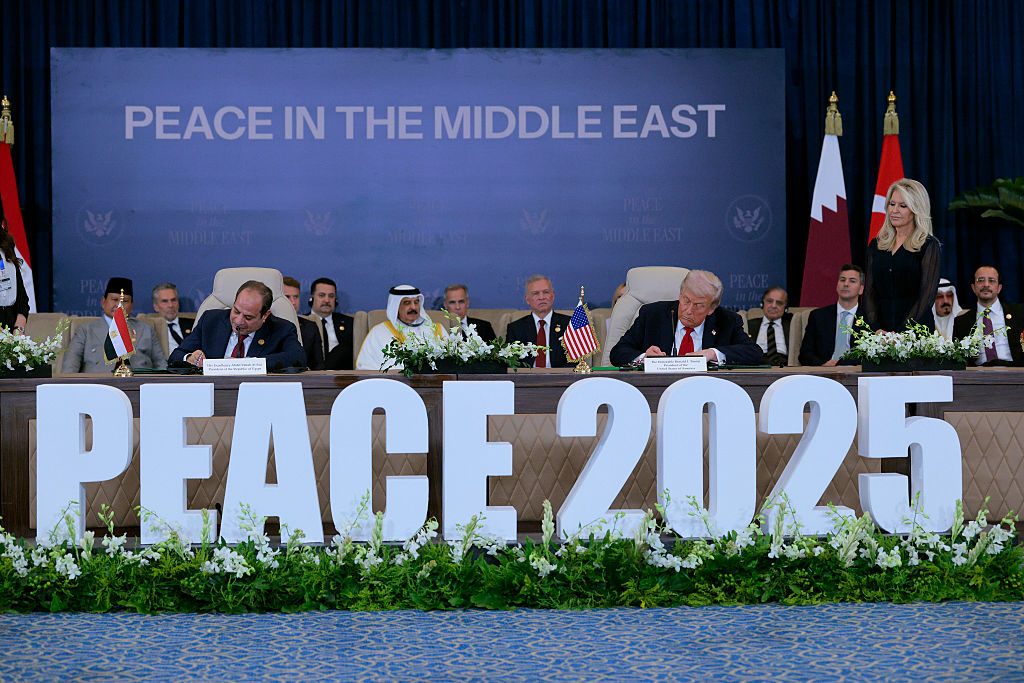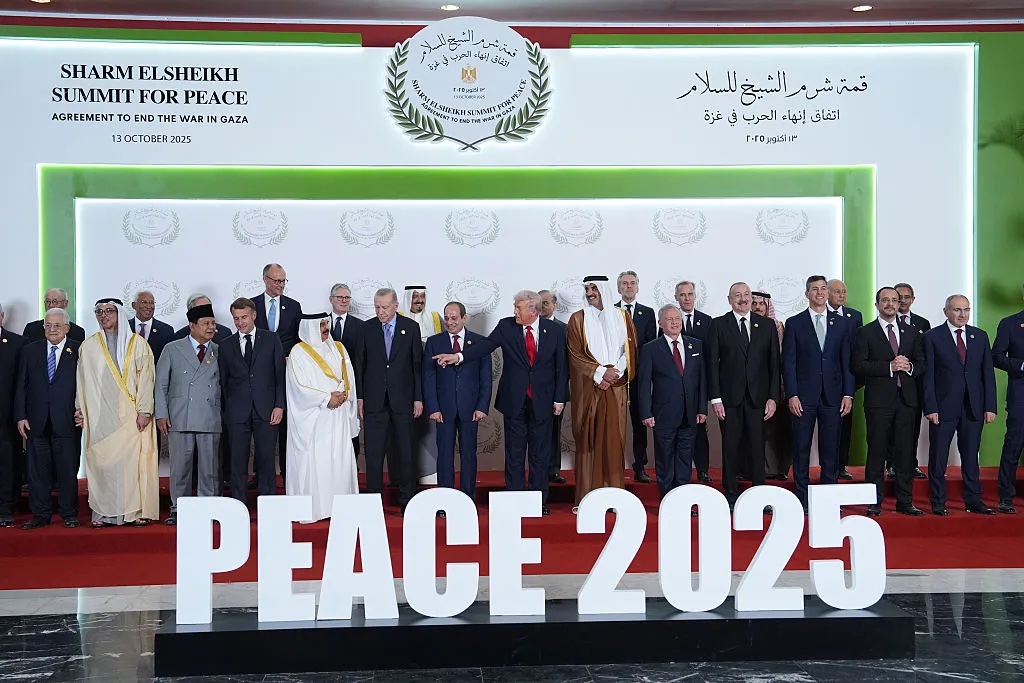What did Joe Biden make of the assassination of the Iranian nuclear scientist Mohsen Fakhrizadeh? The President-elect has yet to make his feelings known, but it is hard to imagine Biden will be pleased with a killing that has the potential to escalate tensions in the Middle East and obstruct his policy towards Iran.
Although Israel has not admitted to the attack, it carries all the known trademarks of sophisticated Mossad assassinations. Add to that Israeli prime minister Benjamin Netanyahu’s implicit threat against Fakhrizadeh in 2018, and it becomes hard to escape the conclusion that Israel was responsible. So why would Israel risk retaliation by Iran, as well as antagonizing Biden and its European and few Middle Eastern allies by carrying out this hit? Whether or not one agrees with the tactics employed by Israel, understanding Israel’s motivation may be more conducive than condemnations.
Over many years, Israel has adopted a strategy of targeted attacks, including military strikes and cyber-attacks against nuclear and other strategic assets and infrastructure in Iran. It also assassinated high level officials working on Iran’s nuclear program in efforts to disrupt and delay it, and to act as a deterrent. This assassination should be seen as part of this ongoing approach.
The timing of this action was meant to signal to Joe Biden and his team that Israel will not sit idly by while the new administration negotiates a return to the nuclear deal with Iran, a deal Israel has deep misgivings about. What’s more, assassinating a high-profile target that draws negative international attention is better done under the Trump administration, considering Trump’s sustained contempt towards the Iranian regime and his close relationship with Netanyahu, than when Biden takes over.
Israelis don’t agree about much, but where there is a consensus here is in the view that Iran is a major regional threat. Consequently, it is one of the only issues Israelis agree about, and missions such as these score well with the public. Fakhrizadeh’s death comes at a convenient time (possibly not by chance) for Netanyahu then, who has been suffering slumping approval ratings, a possible breakdown of his coalition government, as well as corruption charges that may carry a jail sentence, especially if he is no longer prime minister.
[special_offer]
Iran’s radical leaders have long called for the destruction of the state of Israel, statements that Israel takes seriously. Combined with plans to develop military nuclear capabilities, it is easy to see why Israel views a nuclear Iran as an existential threat. Much to Israel’s dismay, Iran has also built up a military presence in Syria, including allegedly establishing bases close to the Israeli-Syrian border, providing it with a land-corridor through which it can attack Israel. However, armed clashes between Israeli and Iranian forces, the American assassination of General Soleimani in January, and the pandemic crisis, resulted in Iran pulling many of its forces out of Syria this year.
Considering these risks, some think Israel should have rejoiced about a deal that would prevent Iran from developing a nuclear weapon. But this view ignores the deep mistrust Israelis have for the Iranian regime. Israel claims that Iran has not abided by the terms of the deal even before the US pulled out. It believes Tehran continued to enrich uranium above the permitted level in sites that have not been seen by International Atomic Energy Agency inspectors. We can’t know for certain if this is the case, but for Israel this element of doubt is enough. As a result, it continues its efforts to disrupt, delay and prevent Iran from developing nuclear capabilities. Fakhrizadeh’s death is just the latest part of that strategy.
Israel’s concern isn’t only about nuclear weapons, though. Israel, Saudi Arabia and other Arab nations have watched in horror as Iran has expanded its power across the Middle East, predominantly in Syria, Iraq, Lebanon and Yemen. It has been exporting its revolutionary ideology and broadening its influence, threatening to further destabilize the region. There is a sense, which isn’t entirely unfounded, among past and present Israeli leaders, that apart from the US, the international community cannot, or will not, effectively stand up to the Iranian threat. For Israel, nothing short of regime change to one that is friendly towards the West and unthreatening to Israel will do. Any other policies or deals distract from this main objective.
This article was originally published onThe Spectator’s UK website.

























